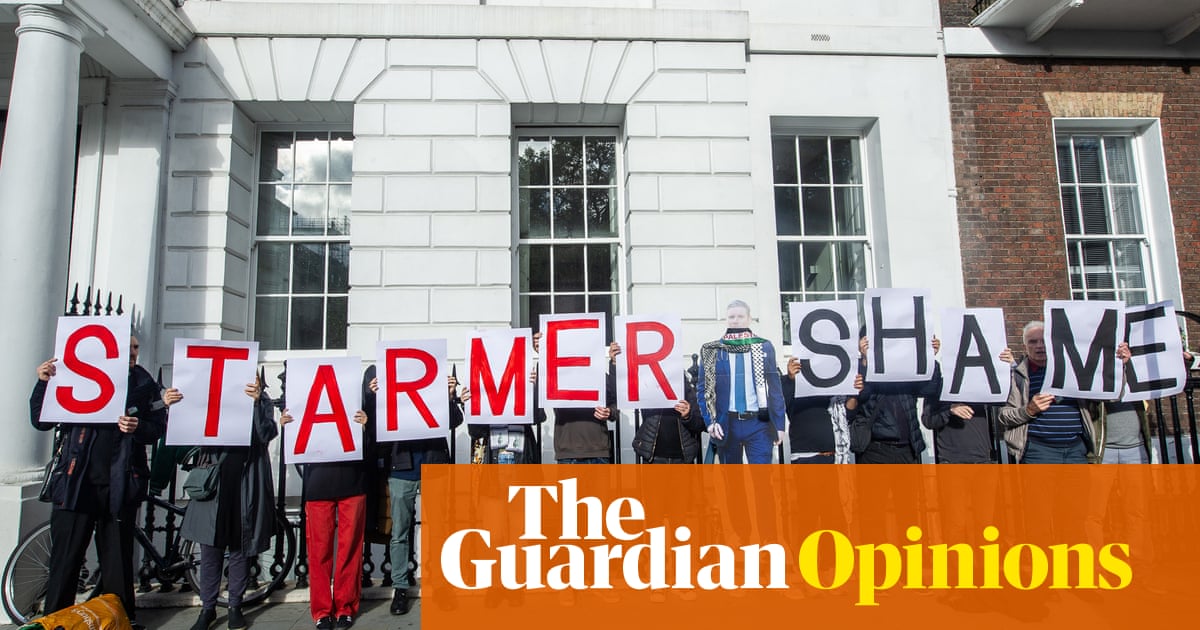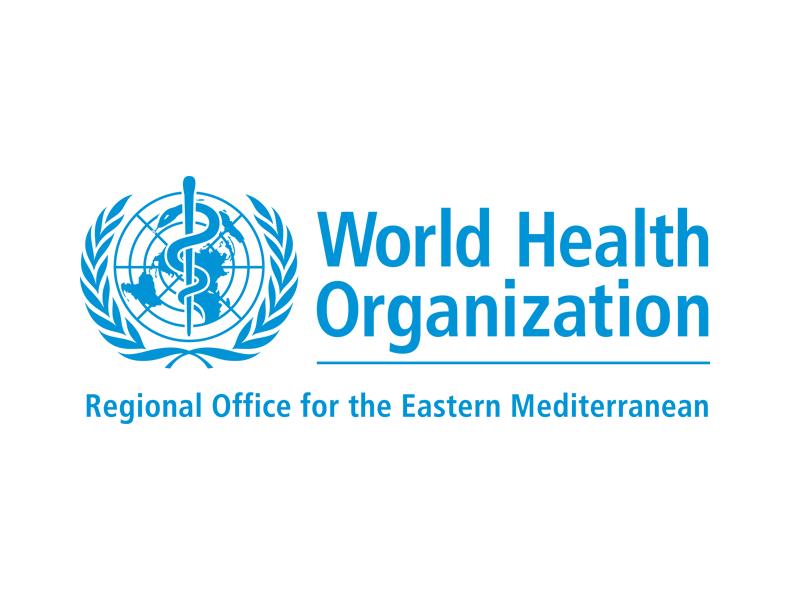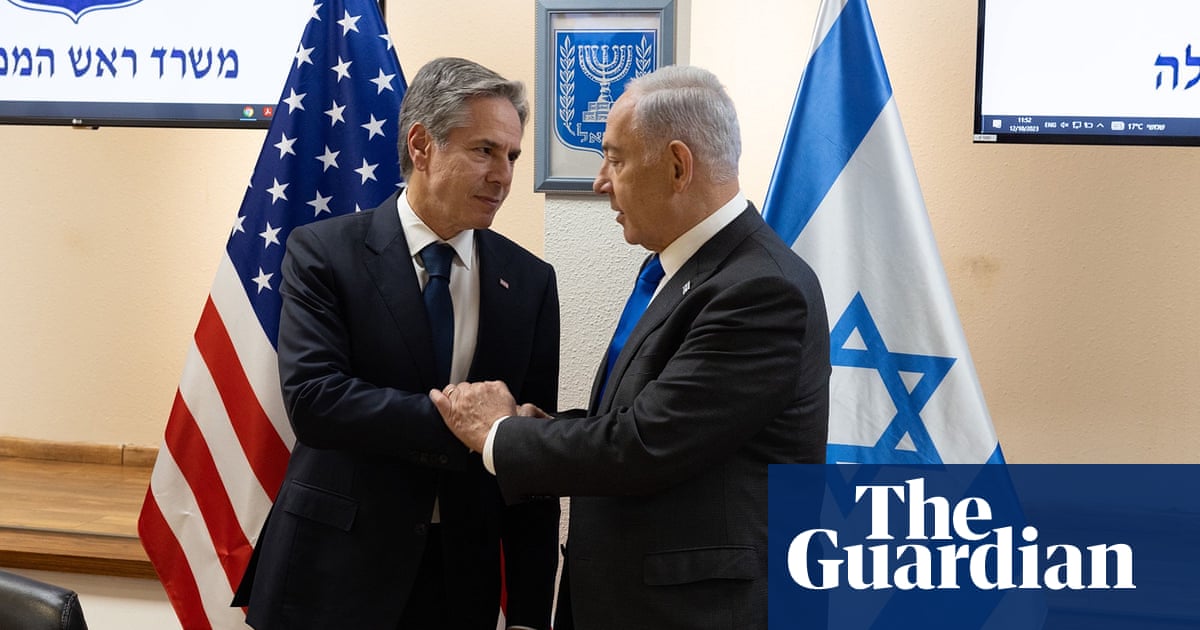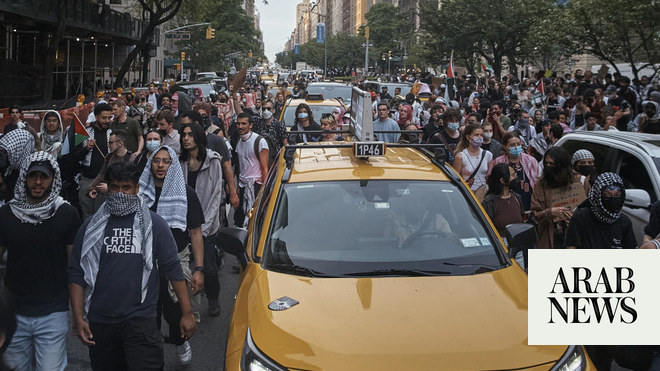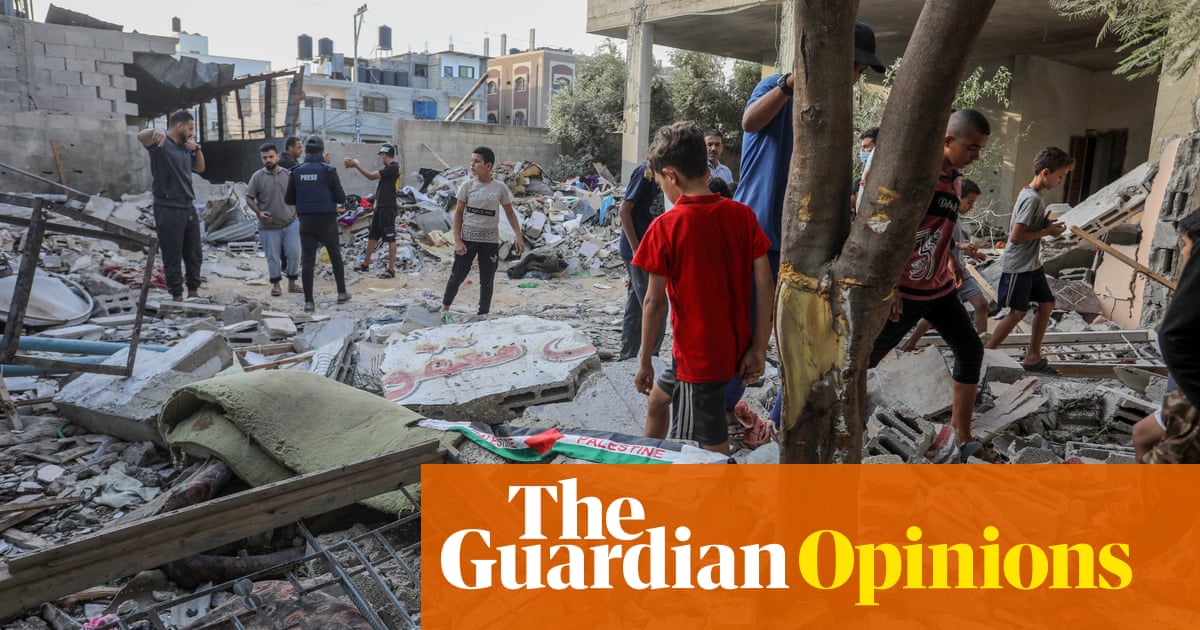
Policymakers everywhere were caught unprepared by the heinous atrocities perpetrated by Hamas on 7 October. None of them, though, can have been surprised by what has followed. Israel’s response was predictable and predicted – and so too are its humanitarian consequences.
Immediate efforts to mobilise relief – such as last week’s pledge from the British government of a further £20m in aid – ooze tokenism. They are commensurate with neither the obvious scale and future duration of the humanitarian tragedy upon us, nor the public horror across the world at what is happening. The money and capacity available is wholly inadequate to support the more than 2 million people who need life-saving help.
As things stand, the toll of death, suffering and misery from the lack of food, water and medical help could before long be greater than that from the bombing. Hunger and disease often take more lives than bullets and bombs in conflicts: that is a danger here too. And all this is getting worse as the hours and days pass, with the aerial bombing now combined with intensive military ground operations. Desperation is growing, and public order fraying.
If we want to see an effective response from the international community, a good start would be a humanitarian resolution in the UN Security Council – just as has happened in previous Gaza crises, including in 2009. It is hard to understand why that has not already been agreed. It was obvious that western countries would need to agree on the wording of the resolution with the United Arab Emirates (UAE), the only Middle Eastern country currently on the security council. Last week, they failed to do that, which meant the UAE joined Russia and China in blocking a deal.
The point at issue was not the substantive action, but the words used to describe what Hamas did and Israel’s reaction – wording that balances condemning Hamas and asserting both Israel’s rights and its limitations. The diplomats should have been spending their weekends solving that problem so they can bring back a new resolution that the UAE can sign up to. Then the security council – the most powerful and relevant body for crises such as this – will be in line with what a large majority of UN members have in recent days voted for in the general assembly.
That will open the way to deconfliction arrangements for aid agencies. Aid agencies would like to see a ceasefire, but in the absence of one it is common for the combatants to agree arrangements – often involving the UN – to protect humanitarian work. For years, while the Saudi-led coalition was bombing Yemen, the aid agencies reported the routes of their daily relief convoys, secure in the knowledge that they would not be attacked. The same thing is needed in Gaza. That is what humanitarian pauses and corridors mean in practice.
In parallel, plans must be set out for a massive expansion beyond the dribble of food, medical supplies and other essentials across the Rafah crossing from Egypt into Gaza. The UN will soon publish a response plan, probably for an initial six months, seeking many hundreds of millions of dollars. It should be immediately considered at an emergency financing conference, perhaps in Geneva, under credible chairmanship – Sweden and Switzerland have a good record of working with the UN in this. The donors, especially the west and countries in the Middle East, will need to ensure the response is fully funded on the day of the meeting.
Then the aid agencies – UN, NGOs and Red Cross – can organise the thousands of workers, hundreds of trucks and thousands of tonnes of supplies needed in Gaza day after day, week after week for as far into the future as we can see.
The people of Gaza face truly miserable lives, even by the standard of what they have suffered for so long. Last month the civilian population of Gaza City had modern homes, with running water, electricity and the internet. They had shops, bakeries, schools, clinics and hospitals. For hundreds of thousands of people, that is all gone. The many who have fled south now sleep in overcrowded UN shelters, or cars, or makeshift hovels covered in sheets of plastic. They scavenge firewood to boil dirty water to soften pasta for their families. They use indelible markers on their children’s legs and hips so that if their dead bodies are maimed out of recognition by the shelling, their names can perhaps at least be recorded.
The clock is ticking. Until a large-scale humanitarian operation is put in place, the loss of life will accelerate. Lives can be saved, but not by continuing inaction.
Mark Lowcock was head of humanitarian affairs at the UN from 2017-21. He is a senior fellow at the Center for Global Development.




